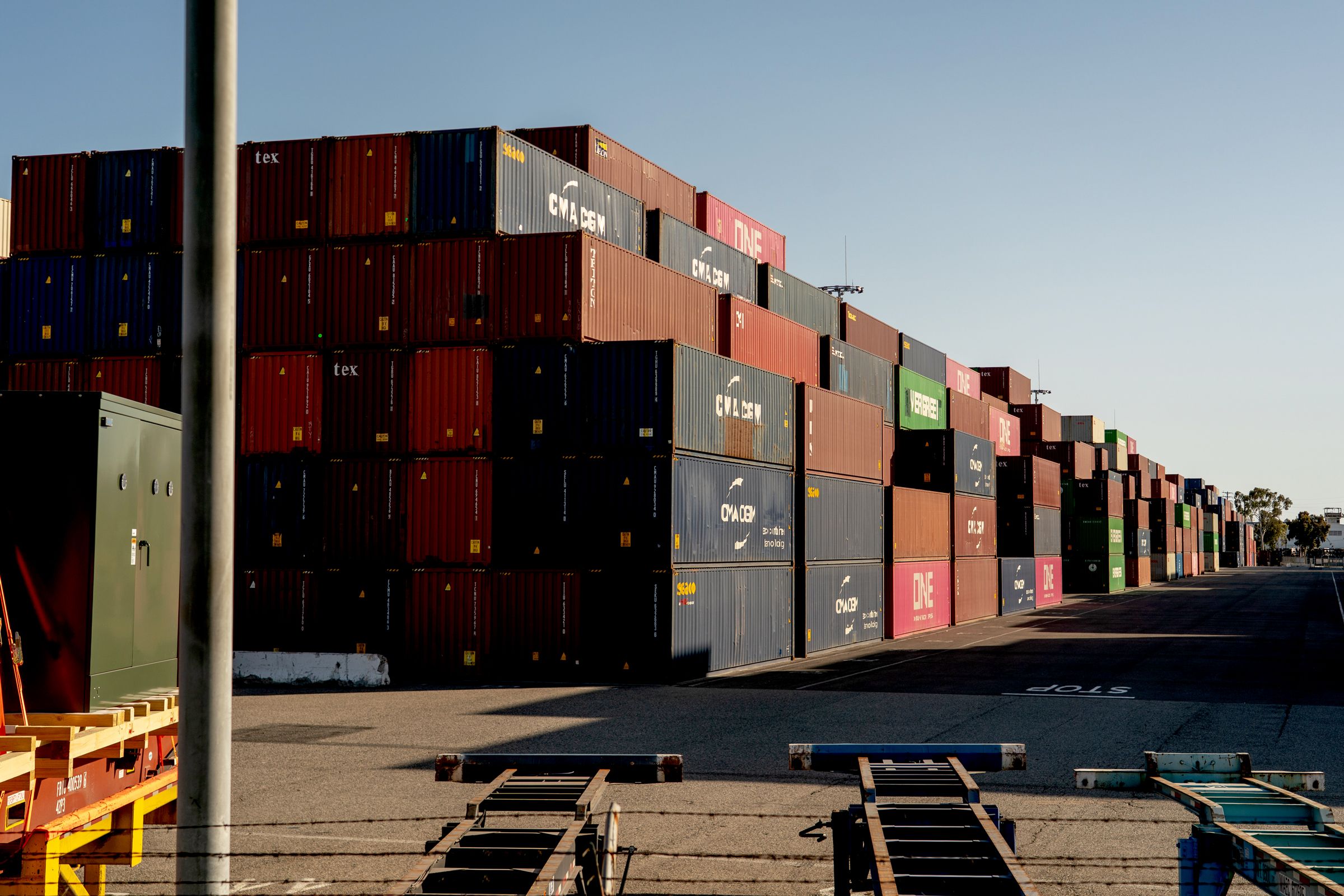Complaints About Tariff Evasion Have Jumped 160 Percent Under Trump
…

Complaints About Tariff Evasion Have Jumped 160 Percent Under Trump
Recent reports have shown that complaints about tariff evasion have surged by a staggering 160 percent under the administration of President Donald Trump. This sharp increase in complaints signals a growing concern among businesses and trade associations about the prevalence of tariff evasion practices in the current economic climate.
Tariff evasion occurs when importers deliberately mislabel or understate the value of goods entering the country in order to avoid paying the full tariff amount. This illegal practice not only undermines the competitiveness of honest businesses but also deprives the government of much-needed revenue that could be used to fund public services and infrastructure projects.
Experts attribute the rise in complaints to the Trump administration’s aggressive trade policies, including the imposition of tariffs on a wide range of imports from countries like China and Mexico. These tariffs have created incentives for unscrupulous importers to find ways to circumvent the duties and gain a competitive advantage in the marketplace.
Government agencies such as U.S. Customs and Border Protection have been stepping up efforts to crack down on tariff evasion through increased enforcement and audits. However, the sheer volume of complaints suggests that more needs to be done to deter and punish those engaging in these illegal practices.
Business owners and industry groups are calling for stricter penalties for tariff evasion, as well as improved monitoring and enforcement mechanisms to ensure compliance with trade regulations. They argue that addressing this issue is crucial for fostering a level playing field and protecting the integrity of the global trading system.
As the Trump administration continues to prioritize trade policy as a key component of its economic agenda, the issue of tariff evasion is likely to remain a pressing concern for businesses and policymakers alike. It will be essential for all stakeholders to work together to address this challenge and ensure a fair and transparent trading environment for all.




